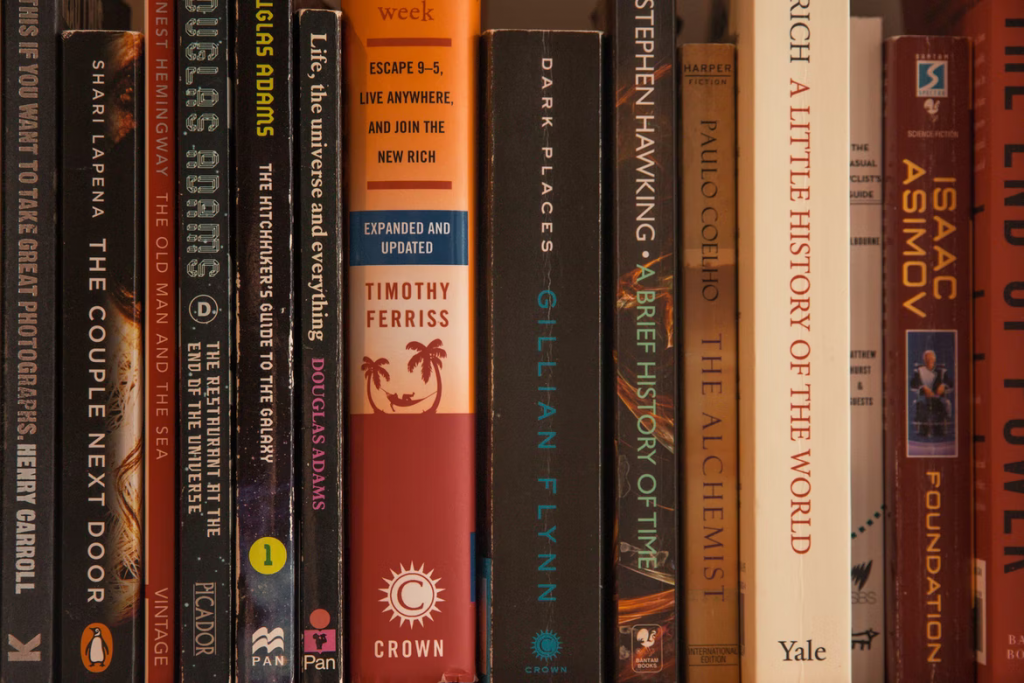
Choosing the right publisher is essential for any author. It can be difficult to know who to trust, but by following a few simple guidelines, you can make an informed decision that will benefit both you and your book.
Cost
Consider the overall cost of publishing your book with a small press as opposed to a larger publisher. Many small presses will charge you for everything, from editing to design. You may even have to pay additional fees if the book needs special formats or ISBN numbers. Large publishers are more likely to offer an initial print run at no cost, but you will have to pay for everything else.
Talk to a couple of them and compare what they have to offer. With this knowledge, you can make an informed decision about which publisher is best suited for your needs.
Location
You would probably like to work with a publisher that is located as close to your home as possible. This will allow you to easily meet deadlines and maintain good communication with the press. Reputable publishers, such as those listed in Writer’s Market, should not have a problem working with authors who live outside of their immediate area.
Additionally, think about talking with different publishers for different countries. If you are thinking about publishing in Canada, you should look for Canadian publishers, if you are publishing in the United States, find American publishers, etc. Just remember that you will have to pay that publisher’s fee to work with them. You can also always look at self publishing options.
However, thanks to the Internet, everyone is able to publish books globally, so don’t limit yourself to just one location. Writers use the Spines to create and distribute both online versions and hard copies, so the location of your publisher might not be as crucial as you think. Further, this approach can open up opportunities for your book to reach a wider audience.
Experience
You should also consider the length of time for which a publisher has been in business before making a final decision. You can ask other authors how long they have worked with the publisher and what their experiences were like.
Working with a newer publisher may be riskier because they have not established a strong reputation within the community. However, this is also where they are most likely to invest their time and money into your book. A newly established press will want to sell as many of your books as possible in order to make their investment worthwhile.
Genre
Find a small press that specializes in your genre of writing. Whether you’re using a wide array of descriptions, a rich vocabulary, or specialized vocabulary, you should be looking for publishers that specialize in the same style of writing. This eliminates the confusion and hassle of finding someone who is willing to publish your work, and it lessens the chance that they will not understand or appreciate what you are trying to accomplish with your book.
Small press publishers are generally more flexible than larger publishers. This gives you the chance to work with their team and fine-tune your book before it goes to print, instead of handing in a finished manuscript only to find out that there are issues with it once it has been published.
Publication Date
If you want to sell your book within a specific time frame, it is important to make sure that the publisher has enough time to publish your book based on their workload. Most publishers will have a publication date scheduled for after they receive your manuscript.
When you contact a publisher to discuss your book, ask them how long it generally takes for them to get a book from initial submission to print. Although most publishers will want at least six months’ lead time, earlier publication dates may be possible.
Optimistic Author Attitude
Remember, there is such a thing as too much optimism when it comes to choosing a publisher. Self-publishing the manuscript and sending it out to countless publishers can turn into an endless and frustrating process, with rejection after rejection. While it is important to be enthusiastic, you should also keep a level head and maintain realistic expectations.
No one wants to write a book just to have it sit on a shelf somewhere. Find an author’s agreement that makes sense for your project and go from there. Trusting the right publisher can help your book become everything that you envisioned it could be.
Marketing & Distribution
Is the publisher well known? Do their books regularly appear in bookstores, airports, and online retailers? If not, then you may not be getting the exposure that your book deserves. On the other hand, if they are a reputable company with an established name, then you don’t have to worry about marketing or distribution. They will take care of that for you.
What type of books does the publisher print? For example, if you submit a young adult novel, it is unlikely to be published by a small press dedicated to medical textbooks. It is best to find a publisher that specializes in your genre.
Complementary Books
Will the publisher’s catalog complement yours? Publishing is a business, and they are looking for ways to make money with each book they print. If their other titles do not appeal to the same audience that would buy yours, then you may be better off elsewhere.
The Publishing Agreement
Once you have chosen a publisher, the next step is to sign a publishing agreement. As with anything, you should read this document carefully. Be sure to ask questions if any part of it does not make sense to you. Don’t be afraid to dispute clauses that will limit your rights or cut into your royalties. A reputable publisher will be open and willing to negotiate.
When you work with a small press, there is an opportunity to develop great working relationships. They should be transparent about their expectations and open to your ideas as well. Understanding how they operate will help you avoid costly mistakes that can cost you both time and money. Working together, the book will have the greatest chance of succeeding in the marketplace.
Remember, this is a partnership and you should approach it as such. If there seems to be trouble in paradise, then perhaps you should say goodbye and let another publisher take your place.
When you’re looking for a publisher, it’s important to choose one that will best suit your needs and goals. Figuring out how they operate and what their expectations are can help you avoid costly mistakes down the line in regards to marketing and distribution. It is also nice when there is an opportunity for developing great working relationships with publishers. You should be open about your ideas as well so that both parties have the chance of succeeding together – not just on paper but in reality too! If things seem like they aren’t going right or if problems arise, then maybe it would be wise to say goodbye and let someone else take over publishing your book instead. We hope this article has helped provide some insight into choosing the perfect fit publisher for you!













